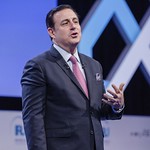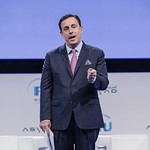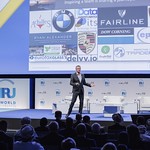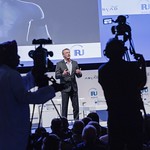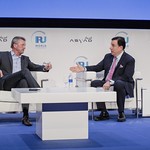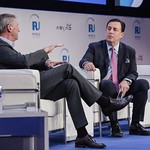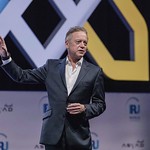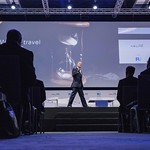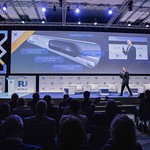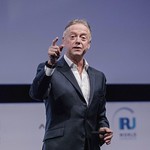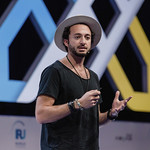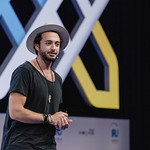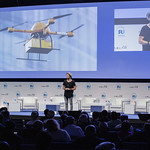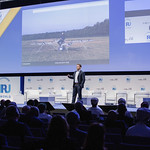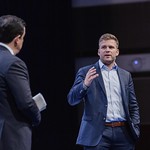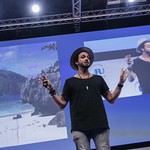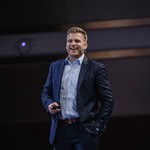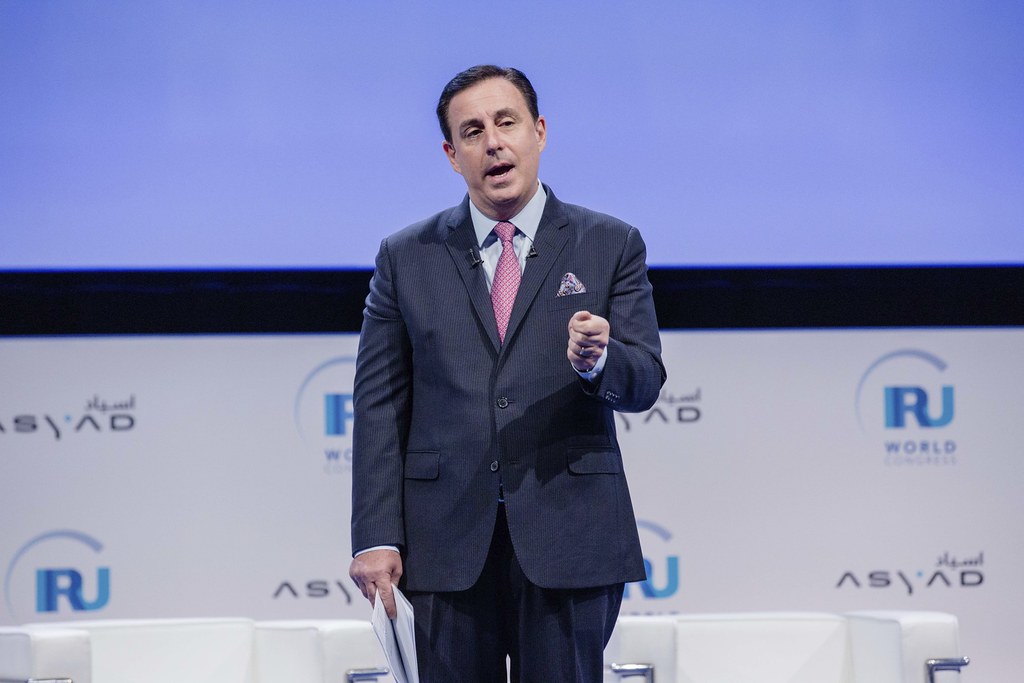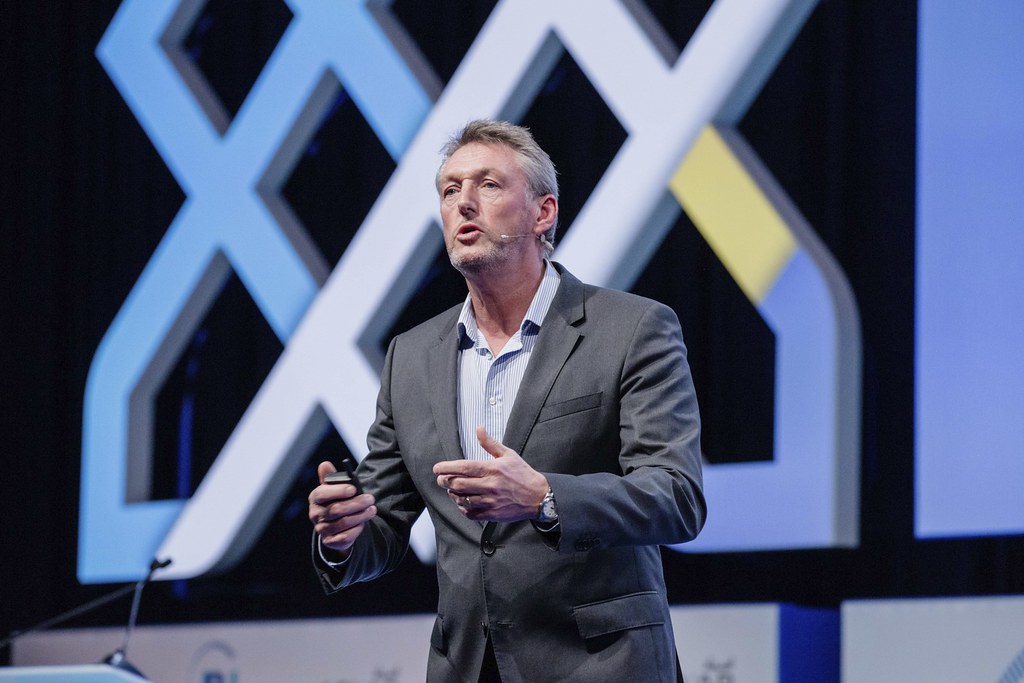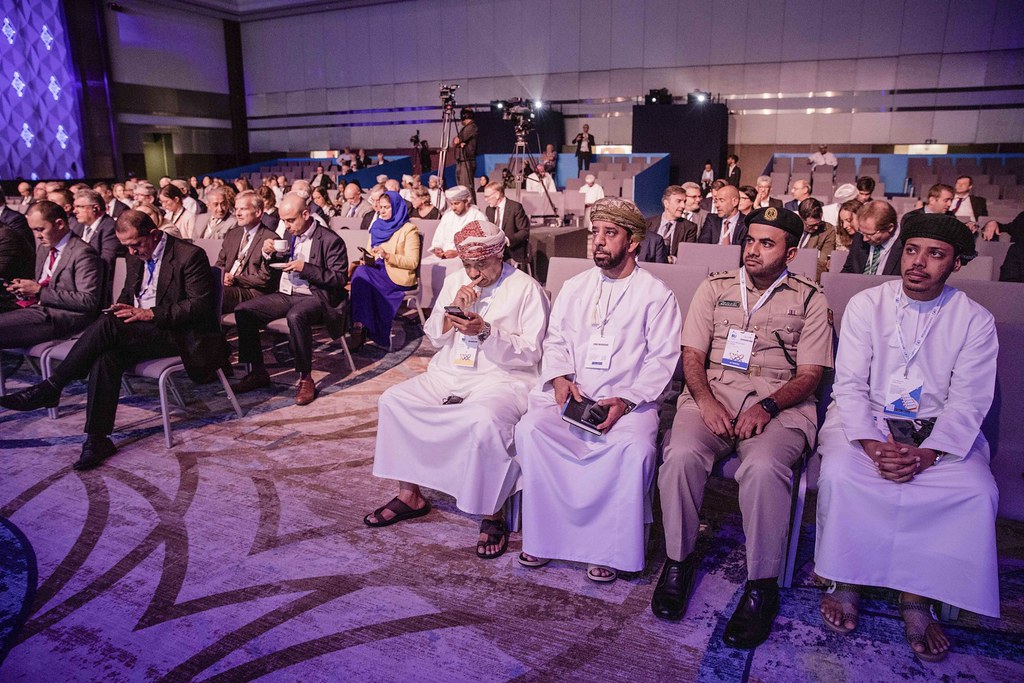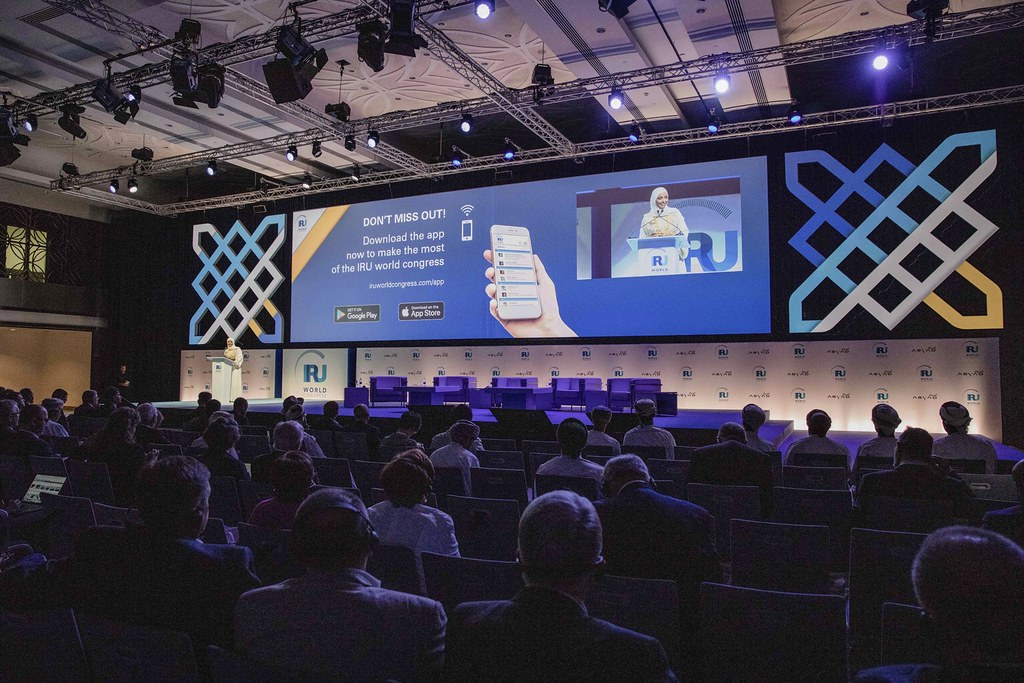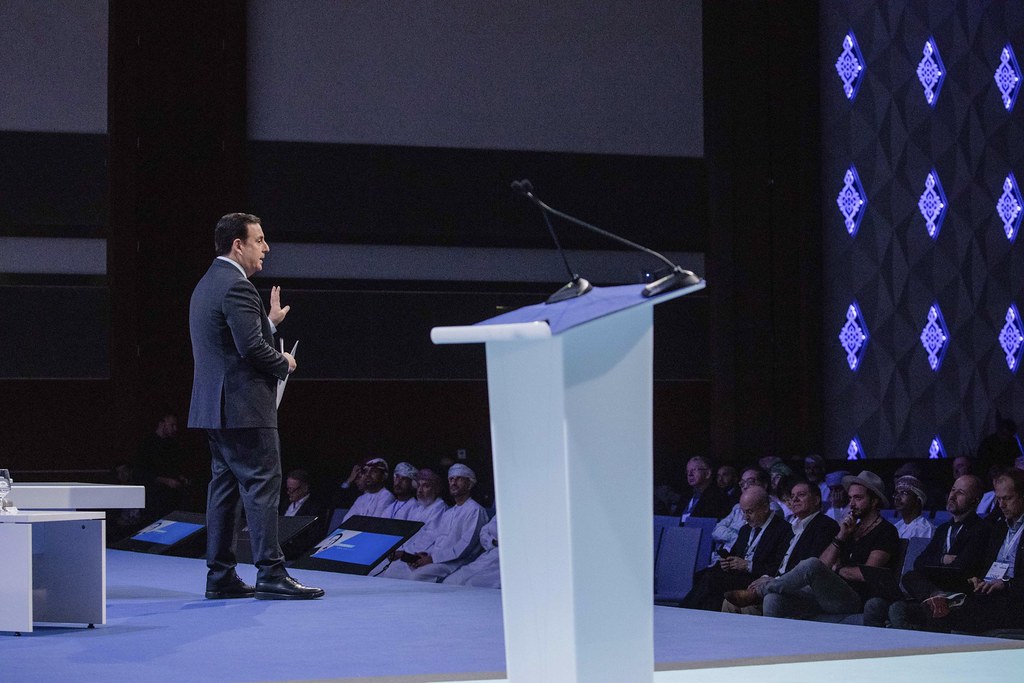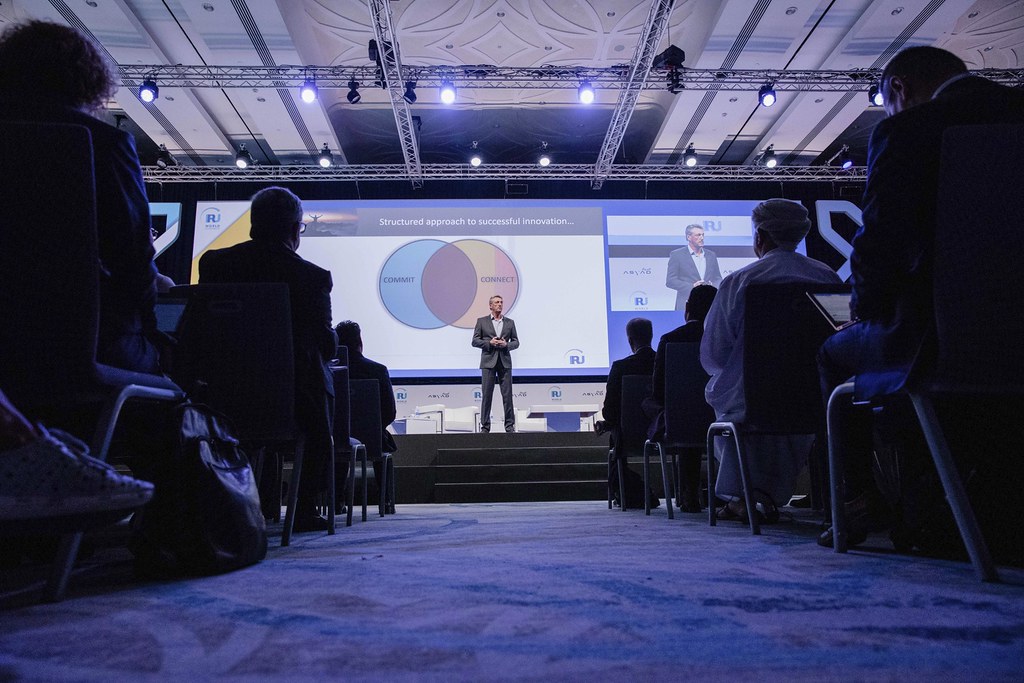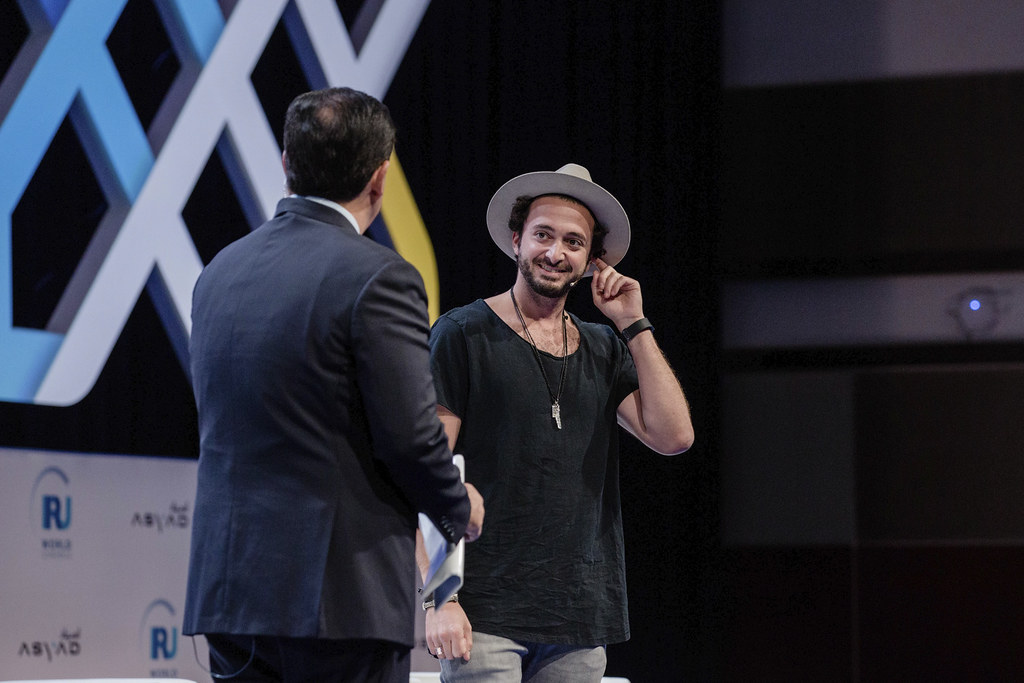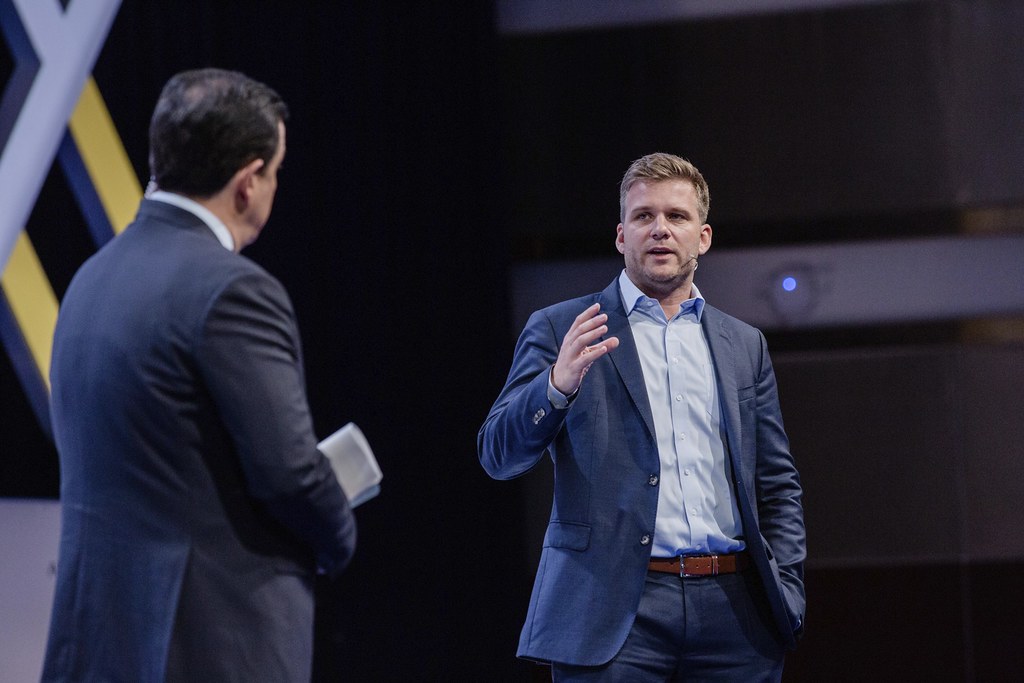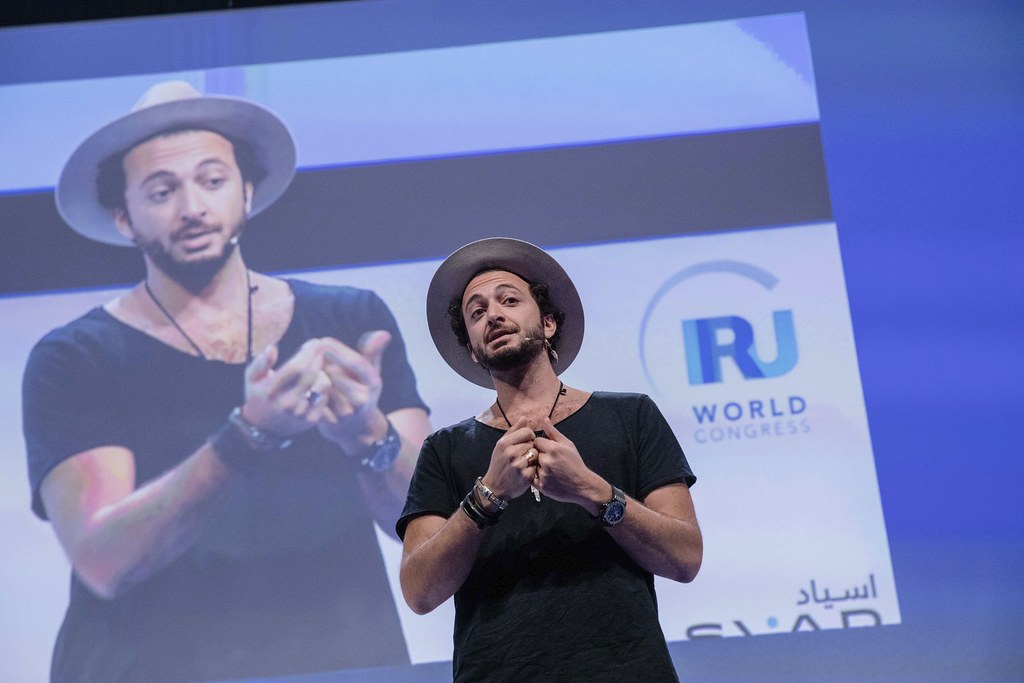IRU World Congress plenary session 3 wrap-up
New business models are dramatically disrupting business operations of transport operators. To remain competitive, it is important that transport operators understand where the industry is going and the best practices to integrate in their business activities. Otherwise, they risk being replaced by new entrants in the market. How should transport operators understand the potential of innovation? What can they learn from other disruptive sectors and how can they stay ahead of the market?
This session was a made up of presentations from four stars of transport and tech innovation, followed by a conversation with moderator, John Defterios, at the end of each one.
The first speaker was Kevin Gaskell, an entrepreneur and an adventurer who has led three iconic car brands, Porsche, Lamborghini and BMW. He firmly believes in grasping opportunities and not waiting for the perfect conditions to make change. Some companies make very visible changes and challenge the market: Tesla is a good example. Other changes are less obvious. The defining feature of an innovative company is that they all focus on opportunity share and not market share. In other words, they look outside their current market to look for new opportunities, creating tomorrow’s markets.
“Dare to dream”
Inviting participants to “dare to dream”, he advised that mobility would change more in the next 20 to 30 years than it has in the last two to three hundred. He said, “As disruptors, we look for ways to aggregate opportunities. But to be effective, you need to be committed and to do it in a structured way.” He added, “You need to sell value. Start with the end in mind and be ready to adapt. Then convince people of the benefits.”
Nick Earle was the next speaker. He knows all about disruptive technology, having been integrally involved in the rapid development of Hyperloop technology with Virgin. It is set to be a game-changer for moving both people and goods – radically cutting journey times. He discussed the impact that innovations can have on any market, whether they come to fruition or not. Often, the most important impact is to change the way people think. And he also made the point that the technology itself is often not the critical thing – but rather the impact it has on businesses.
"The physical internet"
He described developments in transport like the emergence of the “physical internet” and confirmed that it is “the last area to digitise”. And he asked, “What if the supply of everything could meet the demand of everything?” He also suggested that the emerging markets are where the most innovative projects are likely to be – with transport offering the biggest opportunity.
Mr Earle was followed by Dr Rand Hindi, and engineer of artificial intelligence and deep machine learning. Dispelling some of the AI myths, he talked about the impact artificial intelligence will have on the road transport industry, ultimately making the industry more streamlined and therefore more efficient.
He talked about a time when self-driving vehicles will find the best route based on current and predicted traffic, and weather conditions. Trucks will communicate with infrastructure and borders. They will also communicate with other transport modes to minimise delays, and with businesses to arrange for the right maintenance at the right place.
When John Defterios asked about the impact on jobs, Hindi reinforced the enduring need for emotional intelligence coupled with machine IQ, citing research into decision making, which suggests that the best decisions are driven by instinct or emotions. The future scenario he pictures is one where the brain-machine interface will enable human beings to make the decisions, but for machines to execute those decisions.
The final speaker was Fabien Nestmann, from Volocopter, a company putting some of these principles into action. Volocopter is developing the first electric, passenger-carrying vertical take-off and landing vehicle. It is, in other words, an autonomous air taxi. Mr Nestmann talked about the technological and regulatory challenges of bringing such a product to market and the impact it will have on urban transport.
The session provided valuable learnings about how the road transport industry can exploit new technology, from both theoretical and practical perspectives, with much food for thought on the limitations of human mind set versus the liberation of technology within the context of commercial reality.


